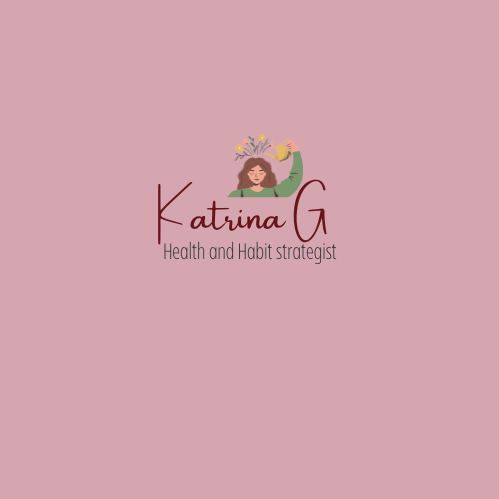
As a chef, the first thing you’re taught is how to do many things at once. It’s part of kitchen life. The more you have on the go, the more efficient you become, or at least that’s what you’re led to believe. Kitchens run on adrenaline. It’s fast, it’s furious, and it’s relentless. You prep for service, you juggle orders, you jump from one job to another the second an order comes in. On top of that, you’re training and mentoring staff, placing orders, and making sure hygiene and safety standards never slip. It’s the ultimate test in multitasking, and during peak service times it feels like a pressure cooker ready to explode. Customers want restaurant quality meals as fast as McDonald’s, and you’re expected to deliver.
That lifestyle shaped me for years. It became part of my DNA. But what I’ve noticed is that multitasking didn’t just stay in the kitchen, it leaked into every other part of my life. And in today’s world, it feels like we’re all living that way. Nobody lingers in cafés anymore, enjoying the buzz and chatting to the staff. Instead, we order online, grab a drive-through coffee, and rush to the next thing.
Slowing down has become almost foreign. Over the last year, I have been deliberately slowing down. Getting up earlier, being more conscious of what I do and say, and actually giving myself time to breathe. The shift has been huge. I’ve realised that being in constant “get it done” mode isn’t living, it’s just running on adrenaline.
When I let go of that, I found I was not only calmer but also more productive. Focusing on one thing at a time made me enjoy the process so much more.
Still, multitasking is such a deep habit for me that I need to actively unlearn it. I have noticed how much stress it creates, rushing through one task while half-finishing another, neither of them done to the best of my ability. That cycle of getting jobs done plus deadlines always equals stress.
By learning how to reduce multitasking, I have already lowered my stress levels, but there’s still work to do. For me, its about focus. That means planning my time better, setting limits, and actually protecting the boundaries I put in place. I am good at that for a while then slip back into Trine mode, which I am finding is happening a lot lately as I have lots on.
I know tools like the Pomodoro method work for me, I used it while studying, and it kept me sharp, but I haven’t used it since. Planning is another area I need to improve. I make to do lists, but I don’t always map out my days or weeks in a structured way.
The challenge is finding balance, living in the moment and enjoying the people I’m with, while also keeping a sense of direction and flow to my day. Stopping multitasking won’t happen overnight. It will take practice, boundaries, and a lot of conscious choices.
I now have strong morning and evening routines that I protect fiercely, and I love how grounded they make me feel. Now, the next step is applying that same structure to my working week, removing distractions, protecting my time, and sticking to the plan.
This is going to be a tough one, but I’m determined. If you have strategies that have helped you stop multitasking, I would love to hear them. For now, my focus is simple: do one thing at a time, and do it well.
